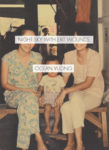 Guest Post by Andrew Romriell
Guest Post by Andrew Romriell
Ocean Vuong’s collection of poetry, Night Sky with Exit Wounds, is a masterpiece that illustrates the most vital and sincere hardships of humanity in astonishingly few words. Leaping from free-verse to prose poetry, from stringent format to broken syntax, Vuong fashions here a collection of inclusion.
We open on “Threshold,” a poem where Vuong introduces his themes of body, parenthood, sexuality, and history. He warns us from the very beginning that “the cost of entering a song—was to lose your way back.” Vuong asks us to enter into his words and lose ourselves there. And we do, poem after poem, until we close on Vuong’s book with the penultimate piece, “Someday I’ll Love Ocean Vuong.” In this poem, we read an assumed message from Vuong to Vuong where he tells himself “don’t be afraid,” and to “get up,” and that the most beautiful part of his body “is where it’s headed.” Before this, we’ve read pages of poetry full of pain, fear, and shattering, but here, Vuong embraces himself—and us alongside him.
“Someday I’ll Love Ocean Vuong,” like all the poems in Night Sky with Exit Wounds, rings with pain, wonder, regret, and history. Yet, there is also hope here, and I would say this is the theme of Vuong’s work: hope, inclusion, and change. Vuong takes us through a journey, shatters our expectations, holds our hearts, tells us to get up, and that, like him, we can survive the voyage.
Night Sky with Exit Wounds by Ocean Vuong. Copper Canyon Press, April 2016.
About the reviewer: Andrew Romriell is a creative writing student at Utah State University.
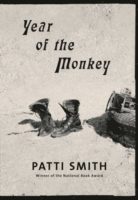 Patti Smith on Libraries and the Transformative Love of Books. Brain Pickings.
Patti Smith on Libraries and the Transformative Love of Books. Brain Pickings.
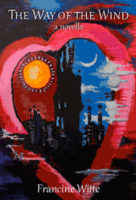
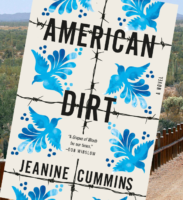
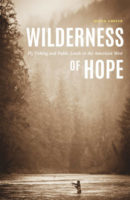
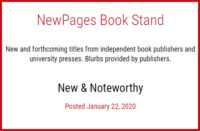
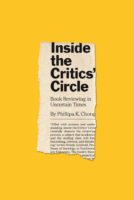
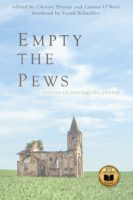
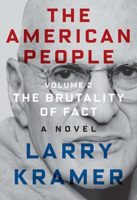
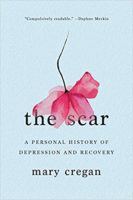
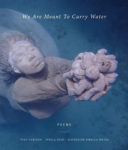

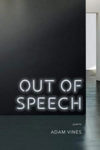


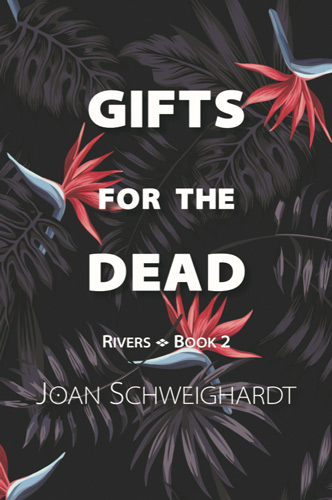 Sometimes our best is not good enough. We make mistakes. The most painful ones are those that harm a loved one. Stress and grief leave us in agony, and we play our choice repeatedly wondering if we made the right decision. We cannot let ourselves off the hook either merely because we are human.
Sometimes our best is not good enough. We make mistakes. The most painful ones are those that harm a loved one. Stress and grief leave us in agony, and we play our choice repeatedly wondering if we made the right decision. We cannot let ourselves off the hook either merely because we are human.